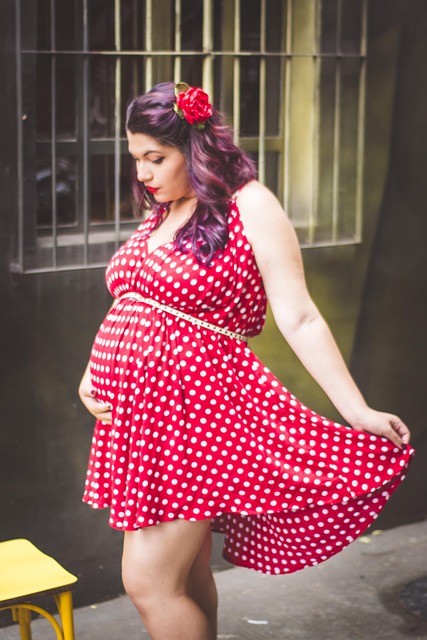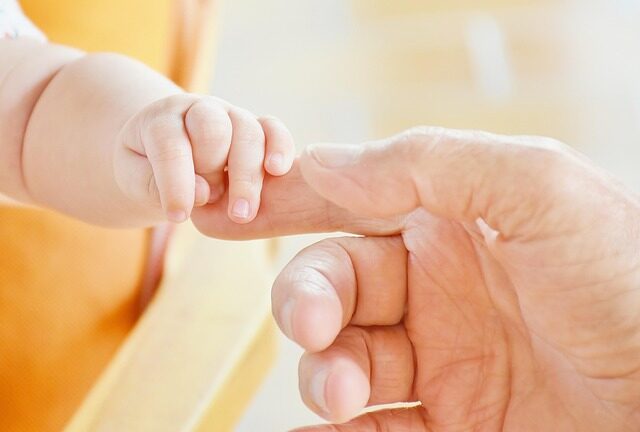Unborn babies are being put at risk of pneumonia, brain damage and even death in Northern Lincolnshire because of a rise in cases of whooping cough.
Consultant Midwives for Public Health Sarah Wise and Leanne Ellis, who look after parents-to-be and their unborn babies in Scunthorpe, Goole and Grimsby, said rates of whooping cough, also known as pertussis, continue to rise, risking serious illness in babies during the first few weeks of their lives.
While vaccination rates in pregnancy in Humber and North Yorkshire were the best in England last year – 83.1pc compared to the national average of 68.2pc, they must remain high to protect as many newborn babies and those under one as possible.
Sarah said: “Whooping cough can be serious for babies so it’s just not worth the risk of not being vaccinated.
“The whooping cough vaccine has been given in pregnancy in the UK as a matter of routine since October 2012 and a medical study of around 20,000 vaccinated women found no evidence of risks to pregnancy or the unborn babies.
“In fact, rather than putting your baby at risk, vaccination is the best way you can protect your child in those first few weeks.”
Whooping cough is a serious infection causing long bouts of coughing and choking, making it hard to breathe. The “whoop” is caused by gasping for breath after each bout of coughing, though babies do not always make this noise.

It is a highly infectious, serious illness that can lead to pneumonia and brain damage, particularly in young babies. Some babies with whooping cough will need hospital treatment and it is life-threatening in some cases.
Government figures show there were 14,894 cases of whooping cough last year compared to 856 in 2023 and 11 babies died. Between January and March this year, there have been 727 cases of whooping cough including 10 in babies under 1.
Research into the deaths of 32 babies who died from whooping cough between 2013 and 2025 showed 26 had mothers who hadn’t received the vaccine in pregnancy.
Leanne said: “Vaccination in pregnancy passes immunity to your baby through the placenta in the same way as they receive nutrients and vitamins and protects them until they receive their own vaccination against whooping cough at eight weeks old.
“As well as protecting your baby, you’re also lowering your own risk of infection and so lowering the risk of passing whopping cough to your child.”
You should have the whooping cough vaccine around the time of your mid-pregnancy scan (usually at 20 weeks pregnant), but you can have it from 16 weeks and you should get vaccinated before 32 weeks to give your baby the best possible protection. Ask your midwife about booking an appointment at a suitable vaccination clinic.
Research from the vaccination programme in England shows that vaccinating pregnant women against whooping cough has been highly effective in protecting young babies until they can receive their own vaccinations from 8 weeks of age.
Here’s more information about whooping cough and why you should be vaccinated to protect both you and your baby.
